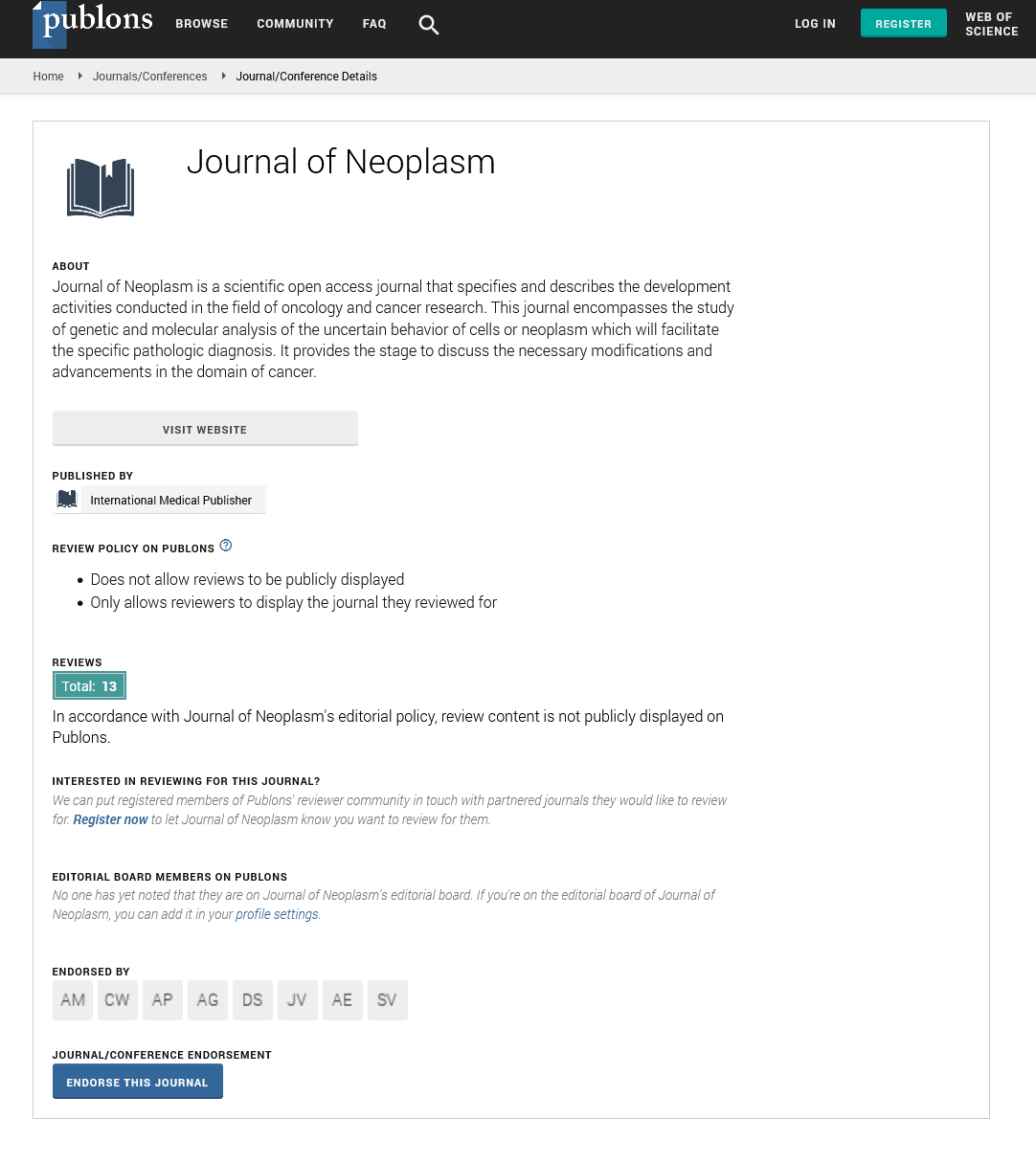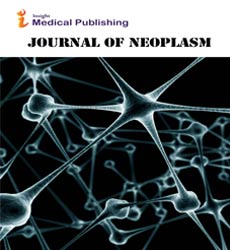Abstract
Immune Checkpoint Inhibitors in Triple Negative Breast Cancer: What is the Evidence?
Breast cancer is the most prevalent breast cancer in women. Despite our deeper understanding of mammary oncogenesis, 20% of breast cancer patients develop metastasis and die. There is a dire need for novel therapies especially for more aggressive subtypes like triple negative (TNBC) and HER2 positive breast cancers. For long, breast cancer was thought to be less immunogenic in nature compared to other solid malignancies like melanoma and non-small cell lung cancer, both later cancers yielding great results with immunotherapy. As we learn more about the role of tumor microenvironment in tumor occurrence, progression and response to therapy, there is growing evidence that TNBC is more immunogenic in nature compared to other breast cancers, which encouraged researchers to investigate its response to immune check point inhibitors. TNBC is characterized by a high level of immune cell infiltration including tumor infiltrating lymphocytes (TILs) which have been associated with better outcomes. The prognostic values of TILs and PD-L1 expression on tumor cells have been an area of interest and remain uncertain to date. The hope is that future trials will unravel more answers about the complex interaction between TILs and tumor cells in TNBC and help develop biomarkers to identify responders to checkpoint inhibitors. In this review, we discuss the immunogenic nature of TNBC, the clinical relevance of TILs and PD-L1 expression and the promising results of early phase trials of checkpoint blockade.
Author(s): Nora Chok and Samer Chokr
Abstract | Full-Text | PDF
Share this

Google scholar citation report
Citations : 144
Journal of Neoplasm received 144 citations as per google scholar report
Journal of Neoplasm peer review process verified at publons
Abstracted/Indexed in
- Google Scholar
- China National Knowledge Infrastructure (CNKI)
- Publons
- Secret Search Engine Labs
Open Access Journals
- Aquaculture & Veterinary Science
- Chemistry & Chemical Sciences
- Clinical Sciences
- Engineering
- General Science
- Genetics & Molecular Biology
- Health Care & Nursing
- Immunology & Microbiology
- Materials Science
- Mathematics & Physics
- Medical Sciences
- Neurology & Psychiatry
- Oncology & Cancer Science
- Pharmaceutical Sciences


